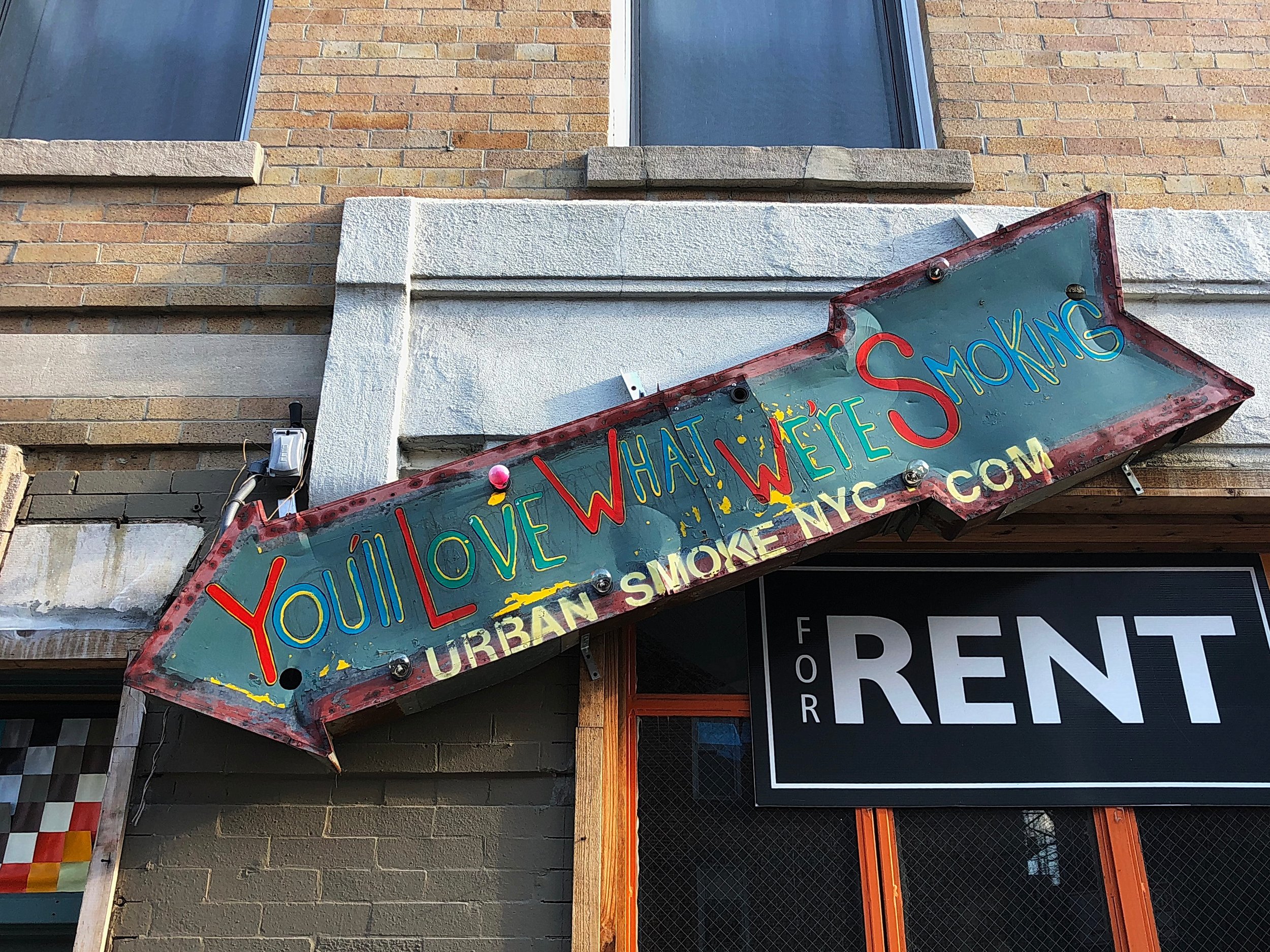Did you know that the majority of apartments owned in the New York City real estate market consist of co-ops? According to the New York Times, in Manhattan alone, the breakdown is 75% co-op vs 25% condo. Co-op buildings are part of NYC history and have traditionally been seen as much older properties lacking new features, amenities and liquidity. Condos are the the younger cousin of co-ops and are currently being built en masse across Manhattan and Brooklyn. Over the past decade, condos reigned supreme in the eyes of many, but there is reason to believe that co-ops are making a big comeback.
There are pretty significant differences in the ownership structure between the two asset classes. Co-op buildings are owned by a corporation, and the buyers of a unit are actually buying shares in the corporation that gives them access to a given apartment. Co-ops also have strict bylaws and require that board approval is given to new buyers. Many co-ops are also not investor friendly and have rules to limit potential subletting or treating the purchase of the property as an income property. Lastly, there are often significant income requirements that go well beyond just being able to finance the property. It is to no surprise that given all these potential pitfalls, condos have for a long period become a preferred choice for homebuyers.
So why are people gravitating back towards co-ops? Simply put, the condo market has become so hot that it has priced people out. The condo market, given its investor friendly nature, is being driven by people from all across the world. This makes buying a condo an amazing investment, assuming one can buy into the price points. However, as logic may tell you, this is also driving up the cost of co-ops, since now there are more people competing in this market. Co-ops trading above $1,000 per square foot would be an urban legend several years ago, but this is exactly what we are starting to see.
Co-op buildings are also getting upgraded and being turned into the luxurious properties they once were in their heyday, competing in style and class that the new glitzy condo buildings have brought to the market. The divergence between price points that used to exist between co-ops and condos is no longer so dramatic. It used to be common sense that co-ops would be 20-30% cheaper than condos. This is not always the case anymore.
However, there is still massive opportunities to spot deals in the co-op market. It just takes looking around enough and working with someone who knows how to spot a good deal. There are numerous co-ops that are investor friendly and have a friendly, lax board. These co-ops know that by loosening their own rules, they will help increase property values.
Enjoyed this read or know someone that could benefit from it? Share via email and social media.











